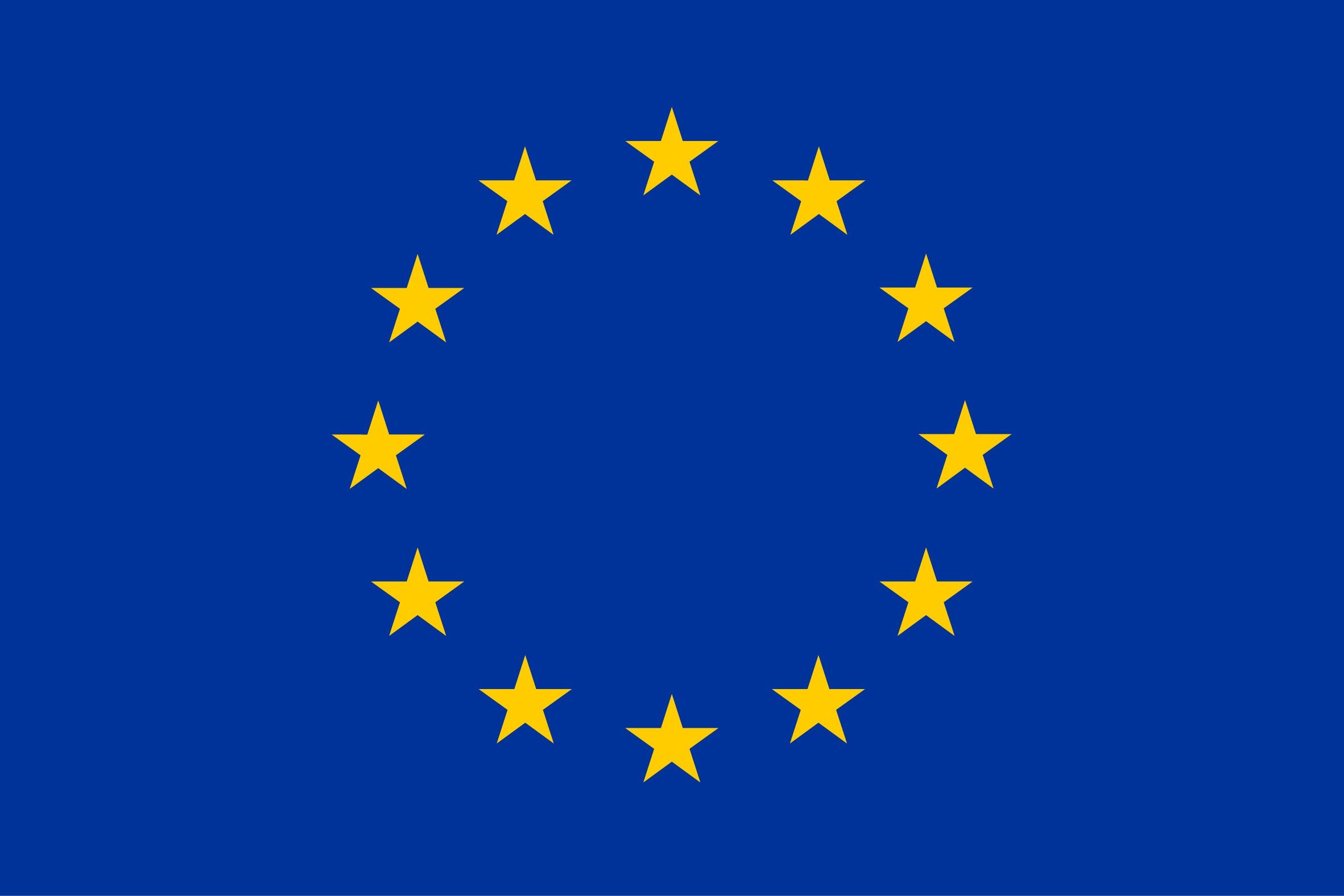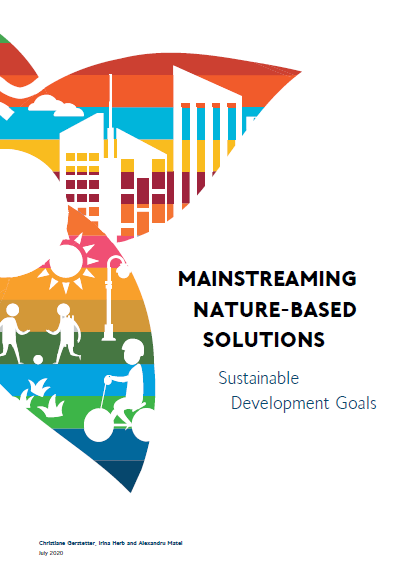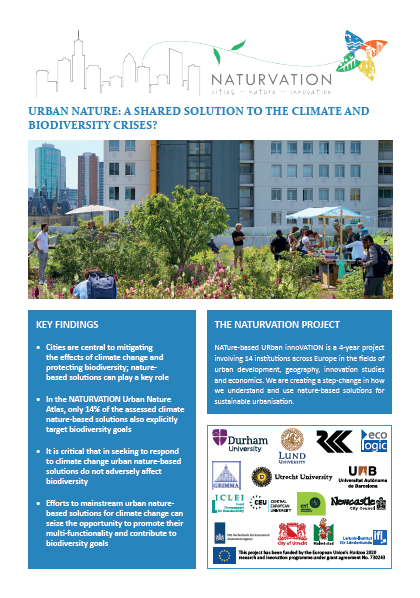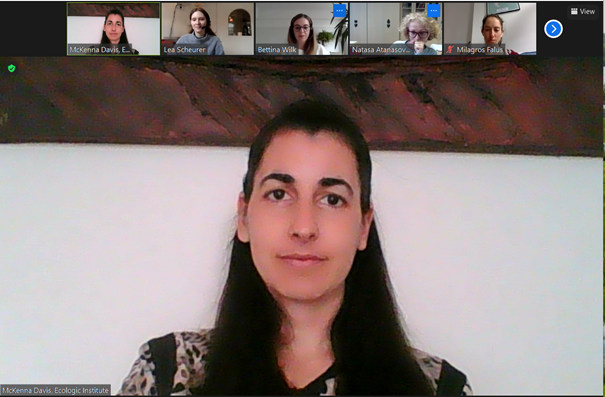Valuing Nature: Can Money Really Grow on Trees?
4th episode of the podcast "Creating Green Cities"
- Publication
- Citation
Ecologic Institute, 2020: Valuing nature: can money really grow on trees?. 10 August 2020. Online: https://youtu.be/IWi-eKNoNYI?si=7ixq4-7V-hIpPty-
Hans Pijls, founder of the "Food for Good" urban farm in Utrecht, believes his project generates different types of value for the city, such as improving the economic value of surrounding buildings, boosting employment, and generating positive effects for health, well-being and urban biodiversity. But the initiative is only able to receive one type of public funding. To ensure its survival, Food for Good cooperates with local enterpreneurs and tries to generate some of its own income by selling the vegetables grown on the farm.
In the 4th episode of the Creating Green Cities podcast, we discuss the topics of business models and financing. Nature-based solutions are diverse and can be applied in diverse contexts and areas to achieve different aims. But who should pay for these solutions? And why? The business models behind nature-based solution initiatives can range from simple single-source funding to being a complex combination of public and private funding. Apart from Hans, we are joined by Logan Strenchock, Environmental and Sustainability Officer at the Central European University in Budapest. Together with our guests, we discuss different models for financing and capturing the value generated by nature-based solutions.
The Creating Green Cities podcast has been created as part of the NATURVATION project and explores urban nature-based solutions across Europe through stories of inspiring innovators who use their passion and creativity to make cities green. The focus of the podcast is on initiatives that bring more nature to the city or enhance existing green urban areas such as parks, vegetation along streets or rivers, green roofs or gardens to deliver multiple benefits to the local population. Five episodes explore different aspects of urban-nature based solutions, such as innovation, business models and financing as well as assessment, monitoring and governance. Interview guests from Barcelona, Budapest, Malmö and Utrecht provide practical insights from their experiences of designing, implementing and maintaining urban nature-based solutions across Europe.
New episodes will be released every two weeks and can be accessed directly below or streamed on popular podcast platforms, such as Spotify, Deezer and Apple Podcasts. The podcast forms part of NATURVATION's free open online 'Urban Nature' course, available on the Coursera platform.

This project has been funded by the European Union's Horizon 2020 research and innovation programme under grant agreement No. 730243.






